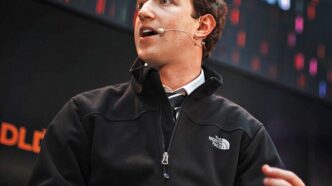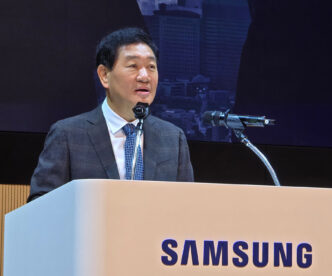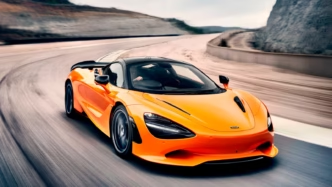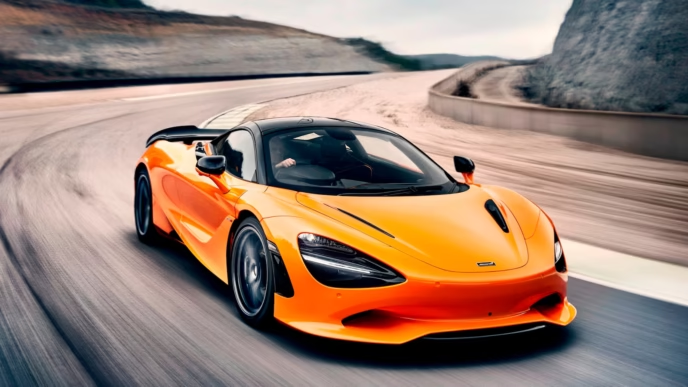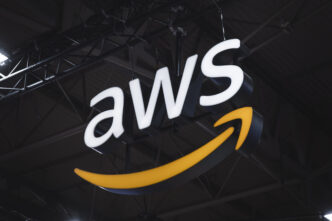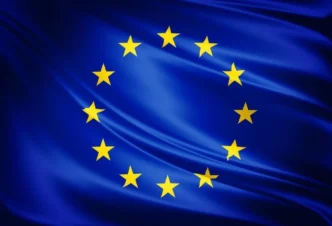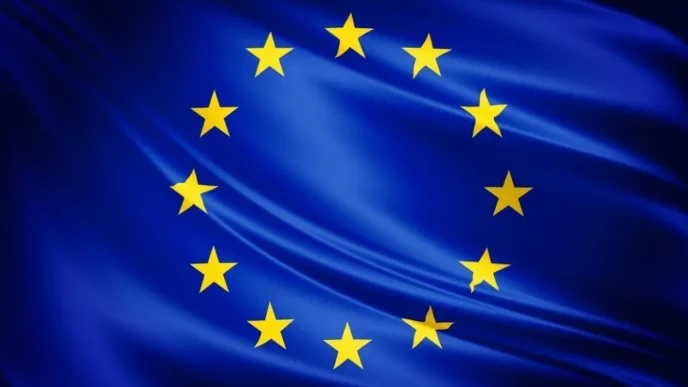Meta CEO Mark Zuckerberg has big plans for transforming digital marketing through AI advertising automation. At Stripe’s annual Sessions conference in San Francisco, Zuckerberg unveiled his vision of a fully automated, end-to-end AI system that would revolutionize advertising across Meta’s platforms, including Facebook, Instagram, and Threads. This new system aims to streamline the ad campaign process, automating everything from targeting to creative content, making it faster, more efficient, and ultimately more effective for businesses.
The goal, according to Zuckerberg, is to create an AI tool that handles every aspect of an ad campaign. Businesses will simply provide their goals—whether it’s increasing sales or acquiring customers—along with their budget and bank account details. The AI system would then take over, ensuring that ads are optimized to deliver the best possible results.
Zuckerberg referred to this system as the “ultimate business results machine.” By leveraging AI advertising automation, Meta intends to provide businesses with a powerful tool that maximizes ad performance while minimizing the need for human intervention.
This concept was first introduced on the Stratechery podcast, and at the Sessions conference, Zuckerberg emphasized that Meta’s existing AI-driven tools are already sophisticated enough to surpass human marketers in identifying the most relevant users. With this, the next logical step is to apply AI to optimize creative content as well.
AI-Generated Ads: 4,000 Variations to Find the Best Fit
One of the most striking features of Meta’s new AI system is its ability to generate a multitude of ad variations—potentially thousands of versions of a single creative. According to Zuckerberg, this AI-driven process will continuously test these versions to identify the one that performs best.
“We can come up with 4,000 different versions of your creative and test them to figure out which one works best,” Zuckerberg explained.
Although this approach promises to simplify advertising for businesses, it raises concerns about how the user experience will be affected. As Meta continues to integrate generative AI content—such as AI-generated images and chatbots—into its ecosystem, it may soon be flooded with AI-generated ads, further overwhelming users with automated content.
For Meta’s users, this shift could result in more AI-driven content filling their feeds. While some may embrace the efficiency of AI-generated ads, others might find the increased volume of automated content overwhelming. This shift reinforces the reality that, on Meta’s platforms, users are often the product, and advertisers are the customers.
The Advertising Industry’s Backlash to AI Automation
Despite the promise of AI advertising automation, Meta’s vision is likely to face opposition from the advertising industry. The use of AI in creative processes has sparked ethical debates, with many creators voicing concerns about the impact of AI-generated content. Over 11,000 creators have already signed an open letter condemning the use of human-generated art to train AI systems. Legal challenges have also been filed against companies like Midjourney and Stability AI, which develop AI art tools.
However, not everyone in the advertising and creative sectors shares this concern. For example, Johnny Hornby, founder of the ad agency The&Partnership, argues that branding still requires human creativity and that AI can enhance, but not replace, that element.
Despite potential resistance, Zuckerberg remains determined to move forward with his AI-driven advertising vision. Whether the advertising industry or users embrace this change, it seems inevitable that Meta will continue its push to fill its platforms with AI-generated ads, designed to optimize advertising performance at scale.
